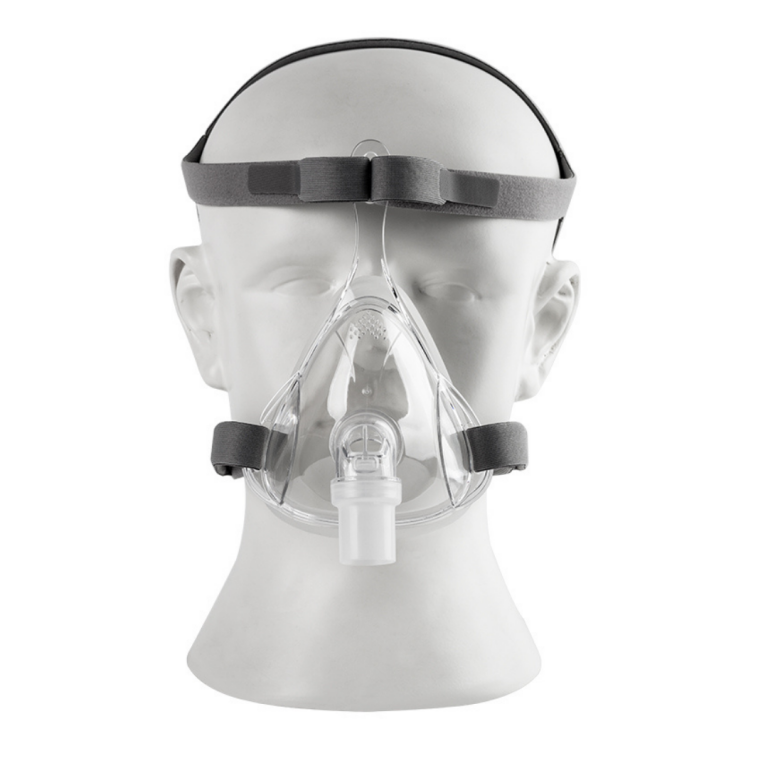
The CPAP masks have become a common necessity for patients with sleep apnea, asthma, bronchitis, COPD, or other respiratory conditions that require the use of a CPAP or BIPAP face mask. The nasal and full-face masks provide an interface for the application of positive airway pressure therapy. They are intended for single patient re-use. A while ago, non-invasive machines were not so common in Kenya. But with time, they have become known and a necessity. Before that, those in need used to import the machines but now we are accessing the machines locally which has led to an increase in demand. Now, this has meant that those who have the machines need to keep tabs with maintenance. Frequently clean up the humidifier and bi-annually or annually replace the accessories. With such needs to be met quite often, that’s where the supply curve is affected.
Well, the CPAP and BIPAP masks are made of plastic, silicone, and rubber materials. These are specifically allocated to ensure the patient is comfortable and on treatment while using them. The silicone protects the skin as well as covers up both nose and mouth to ensure minimum air leakage. Due to this contact with the skin, they need regular cleaning and maintenance. But with time, the silicon will start to fade off and lose elasticity which will mean getting another mask.
The nasal mask has been one of the most commonly used masks because first of all, it's comfortable to sleep in. Secondly, while wearing it you're able to talk and communicate as you receive positive pressure. The size is standard and can fit both young people and adults. Dimensions of medium size nasal mask - 62x61x60mm For patients using nasal masks, these are mostly standard size and makes it easy for them to access the masks. For the full-face masks, the sizes vary and sometimes you’ll find some faces can’t find one that fits well. Let’s take a closer look at the product specification.
![]()
A mask is supposed to last at least six months to one year. Replacement is important because the regular cleaning and maintenance may cause the silicone that protects the frame to fade off. A protruding frame may lead to blisters on your nose and should be worn and removed carefully. Since using antiseptic and disinfectants may cause the silicone to chip off, you need to take good care of your CPAP accessories when cleaning the mask. Good thing, it serves you well long enough.
Please remember to clean your mask regularly and avoid disinfectants.
At GM Medical, we got you covered!
You must be logged in to post a comment.
thank you